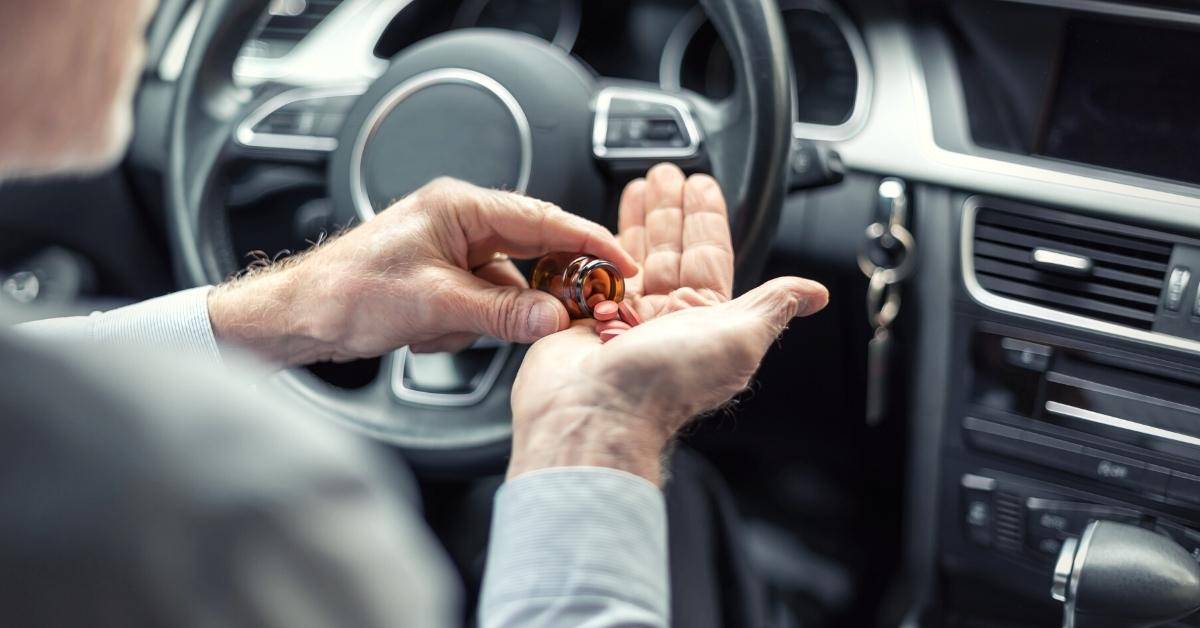Not all driving while intoxicated (DWI) arrests involve motorists who are under the influence of alcohol. Police who suspect that drivers are impaired by an illegal drug will often attempt to have tests performed to determine which controlled substance (s) an alleged offender has in his or her system.
Many cases will involve tests performed by so-called Drug Recognition Experts (DREs) who lend credence to the observations of arresting officers that motorists were under the influence of some kind of illegal drug. Even when the alleged offender tests positive for some kind of controlled substance, it does not necessarily mean that a motorist will be convicted of DWI.
Controlled Substance DWI Defense Lawyer in Irving, Dallas, Carrolton, Richardson, TX
Contact the Law Offices of Richard C. McConathy today for a consultation about your alleged offense in Irving, Dallas, Carrolton, Richardson, and surrounding areas of Dallas County, Texas.
Contact the Law Offices of Richard C. McConathy today at (972) 233-5700 for a consultation about your alleged offense in Irving, Dallas, Carrolton, Richardson, and surrounding areas of Dallas County, Texas. Our firm will work to get your criminal charges reduced or dismissed.
Dallas County Controlled Substance DWI Charges
An alleged offender can be charged with DWI under Texas Penal Code § 49.04 if he or she is intoxicated while operating a motor vehicle in a public place. While intoxicated is commonly defined as having a blood alcohol concentration (BAC) of 0.08 or more, the other definition provided under Texas Penal Code § 49.01 is “not having the normal use of mental or physical faculties by reason of the introduction of alcohol, a controlled substance, a drug, a dangerous drug, a combination of two or more of those substances, or any other substance into the body.”
Under this definition, a person could be charged with a controlled substance-related DWI for testing positive for the presence of any controlled substance. Because there are no predetermined levels of intoxication for other types of illegal drugs, testing positive for any controlled substance is often used as evidence that an alleged offender was intoxicated at the time he or she was driving.
A few of the most common drugs involved in controlled substance-related DWI arrests include, but are not limited to:
- 3,4-Methylenedioxymethamphetamine (MDMA);
- Amphetamine;
- Cocaine;
- Dextromethorphan (DXM or DM);
- Flunitrazepam (Rohypnol);
- Gamma-Hydroxybutyric Acid (GHB);
- Heroin;
- Hydrocodone;
- Ketamine;
- Lysergic Acid Diethylamide (LSD);
- Mescaline;
- Methadone;
- Methamphetamine;
- Morphine;
- Opium;
- Oxycodone;
- Phencyclidine (PCP); and
- Psilocybin Mushrooms.
It is important to remember that testing positive for a controlled substance is not the same as being under the influence of that drug at the time of the arrest. Many controlled substances stay in a person’s system for days or even weeks after the time they were initially administered, so a motorist could realistically test positive for something long after any effects have worn off.

Controlled Substance DWI Penalties in Texas
DWI charges relating to controlled substances are subject to the same punishments as DWI convictions relating to alcohol. Depending on an alleged offender’s prior criminal record, convictions are punishable as follows:
- First Offense — Class B misdemeanor punishable by up to 180 days in jail and/or a fine of up to $2,000 as well as a driver’s license suspension of up to one year and an annual Texas Department of Public Safety (DPS) Driver Responsibility Surcharge of at least $1,000 up to $2,000 for three years.
- Second Offense — Class A misdemeanor punishable by up to one year in jail and/or a fine of up to $4,000 as well as a driver’s license suspension of up to two years and an annual Texas Department of Public Safety (DPS) Driver Responsibility Surcharge of at least $1,000 up to $2,000 for three years.
- Third or Subsequent Offense — Third-degree felony punishable by up to 10 years in prison and/or a fine of up to $10,000 as well as a driver’s license suspension of up to two years and an annual Texas Department of Public Safety (DPS) Driver Responsibility Surcharge of at least $1,000 up to $2,000 for three years.
Dallas County Resources for Controlled Substance DWI Arrests
DrugFacts: Drugged Driving | National Institute on Drug Abuse (NIDA) — NIDA is a Federal scientific research institute under the National Institutes of Health (NIH) in the United States Department of Health and Human Services. On this section of the NIDA website, you can learn more about the dangers of drugged driving, how many people drive under the influence of drugs, and why it is difficult to determine how often drugged driving causes motor vehicle crashes. You can also find additional information about the effects of drug abuse and the health effects of specific drugs.
10 myths about drugged driving | Texas District & County Attorneys Association — While this July-August 2012 article is largely written for prosecutors to consider, it provides some valuable insight about drugged driving cases in general. Learn more about myths relating to blood tests performed at hospitals, the ease of identifying drug-impaired drivers, and what happens when a drug test comes up negative.
Find A Dallas County Defense Attorney for Controlled Substance DWI | Law Offices of Richard C. McConathy
Were you recently arrested for DWI in North Texas for allegedly being under the influence of an illegal drug? You should not say anything to authorities without legal counsel.
Contact the Law Offices of Richard C. McConathy today at (972) 233-5700 for a consultation about your alleged offense in Irving, Dallas, Carrolton, Richardson, and surrounding areas of Dallas County, Texas. Our firm will work to get your criminal charges reduced or dismissed.


